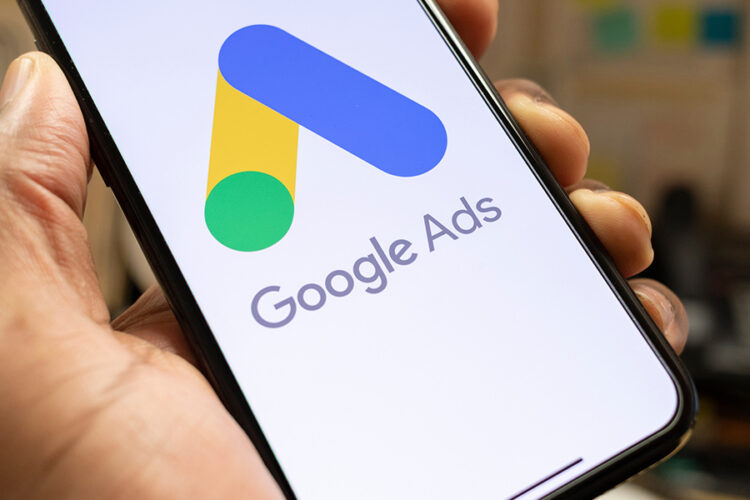Google Ads can be quite complex, particularly for those who are new to the platform. Many settings and options can be customized, such as ad targeting, bidding strategies, and ad formats, and this can be overwhelming for some businesses. Additionally, the platform is constantly evolving, which means that businesses need to stay up-to-date with changes and new features.
To effectively use Google Ads, businesses need to be able to measure and analyze their campaign performance. This requires a level of technical skill and understanding of analytics tools, which not all businesses may possess.
9 complexities that advertisers experience when implementing PPC Google Ad
- Keyword research: Keyword research involves identifying relevant and profitable keywords that will drive traffic to your website. For instance, if you are selling footwear online, you may want to use keywords like shoe store, buy shoes online, or online shoe shopping.
- Ad creation: Ad creation involves creating compelling ads that will grab the attention of your target audience. For example, your ad may include a catchy headline, a strong call to action, and a relevant image or video.
- Ad targeting: Ad targeting involves selecting the right audience for your ads. For example, you may want to target users based on their location, interests, or search history.
- Bid management: Bid management involves setting the right bid for each keyword to ensure that your ads appear in a high position on the search results page. For example, if you have a higher budget, you may want to bid more aggressively to outbid your competitors.
- Ad scheduling: Ad scheduling involves scheduling your ads to run at specific times of the day or week. For example, if you run a coffee shop, you may want to run your ads during peak hours when people are most likely to be searching for coffee.
- Ad testing: Ad testing involves creating multiple ad variations to test which ones perform the best. For example, you may want to test different headlines, images, or calls to action to see which ones drive the most clicks and conversions.
- Landing page optimization: Landing page optimization involves creating a high-converting landing page that will encourage users to take action. For example, your landing page may include a clear call to action, a user-friendly design, and a strong value proposition.
- Conversion tracking: Conversion tracking involves setting up tracking codes to monitor which ads are driving the most conversions. For example, you may want to track which ads are leading to the most form submissions, sales, or phone calls.
- Quality score optimization: Quality score optimization involves optimizing your ads and landing pages to improve your quality score. For example, you may want to improve your ad relevance, landing page experience, or expected click-through rate to improve your quality score and reduce your cost per click.
Overall, implementing and managing a successful Google Ads campaign can be a challenging task. PPC Adwords Campaign Management Service like Smith Digital can help you set up and manage your advertising campaigns, monitor performance metrics, and provide regular reporting and analysis. With the right strategy, budget, and expertise, you can use the platform to effectively reach your target audience and achieve your advertising goals.

